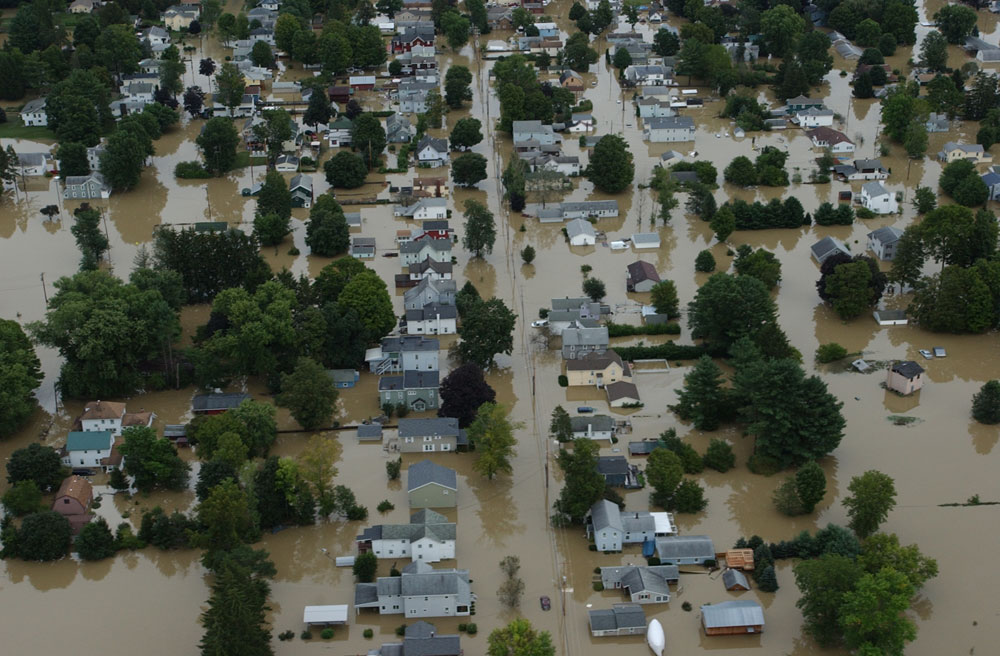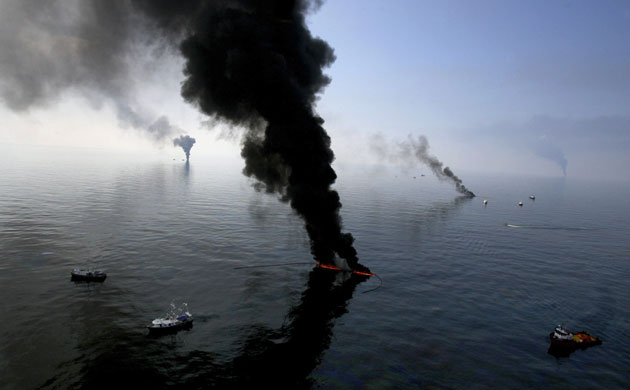
James Hicks discusses why flooding is getting worse, and the special purpose district that would help.

Ann Eisenberg discusses her forthcoming note discussing the new era of Moroccan family law, evaluating the impact of King Mohammed VI’s divisive Moudawana.

Professors Jeff Van Detta and Joanna Apolinsky comment on Bruesewitz v. Wyeth, which ruled that federal law immunized vaccine-manufacturers from design-defect tort claims under state law. The Supreme Court cited Detta and Apolinsky’s article “Rethinking Liability for Vaccine Injuries”, published in the JLPP, in their holding.

Caitlin Gunther discusses the proposed Colombia Free Trade Agreement and some issues that Congress must consider before ratifying the agreement.
 Recent democratic protests in the Middle East have had the inconvenient effect of raising the price Americans pay at the pump. Gas prices across the country are near or at record levels. Predictably, this has prompted a flurry of speechmaking and proposals from both sides of the aisle.
Recent democratic protests in the Middle East have had the inconvenient effect of raising the price Americans pay at the pump. Gas prices across the country are near or at record levels. Predictably, this has prompted a flurry of speechmaking and proposals from both sides of the aisle.
In a speech last Wednesday, President Obama reiterated the general policy goals he has been touting since he was Obama-the-candidate: cut oil imports, increase domestic fuel production, and increase the use of alternative energy sources. While Obama’s general policy goals have remained constant, the BP oil spill has altered his specific policies regarding domestic fuel production.
Prior to the BP oil spill, the expansion of offshore drilling played a key part in Obama’s plan to increase domestic fuel production. The spill has set back expansion in two key ways. First, the administration has made it more difficult to obtain offshore drilling permits because oil companies must now comply with new safeguards and regulations. (There were of course safety rules in place before the disaster, but they were under-enforced.) Second, the administration issued a six-month moratorium on all new deep-water drilling projects. Facing pressure from the oil industry and federal courts, the administration prematurely lifted the moratorium last October. Two months later, once scientists and other experts had begun to fully understand the horrific nature of the BP oil spill, the administration issued a revised moratorium on new offshore drilling in the eastern Gulf of Mexico, the Bristol Bay, and along the Atlantic and Pacific Coasts. The administration has expressed intent to keep this moratorium in place through 2017.
Last Tuesday, Rep. Doc Hastings (R-Wash.) introduced three bills to expand offshore drilling. One bill, entitled “Reversing President Obama’s Offshore Moratorium Act,” would allow new drilling in those areas currently under moratorium. This bill raises three main issues.
Welcome to the all-new blog of Cornell Law School’s Journal of Law & Public Policy! Our goals are to provide a forum for publicizing and discussing the work published in the journal, for Cornell Law students and faculty to blog about law and policy issues that interest them, and for more casual, expressive, and timely writing on law
